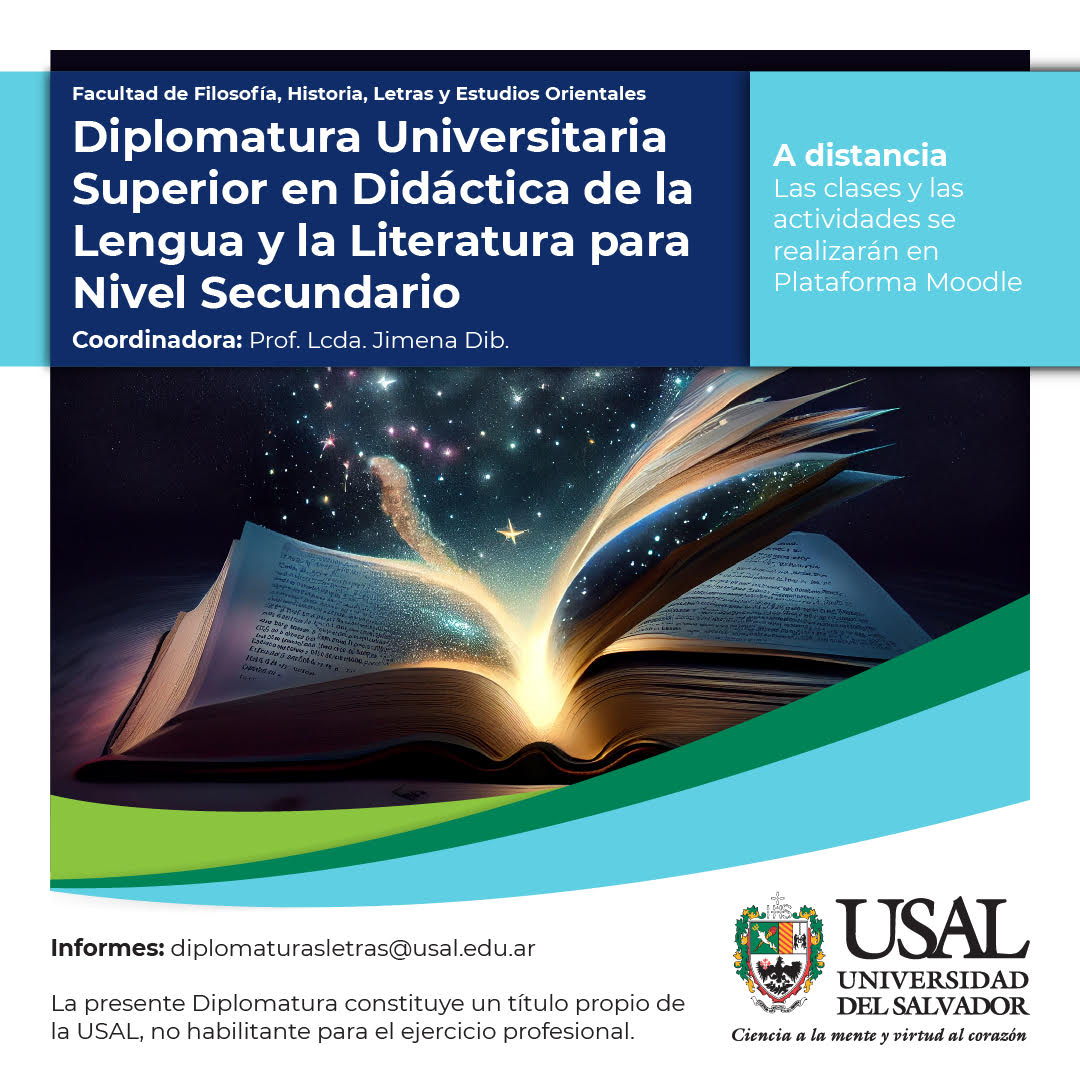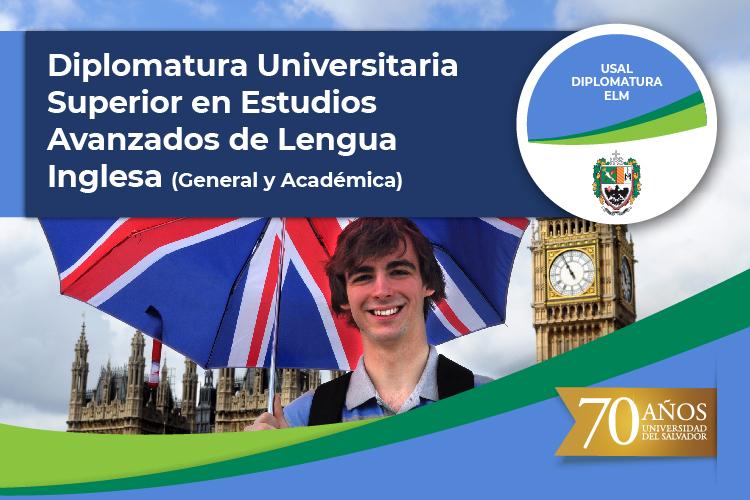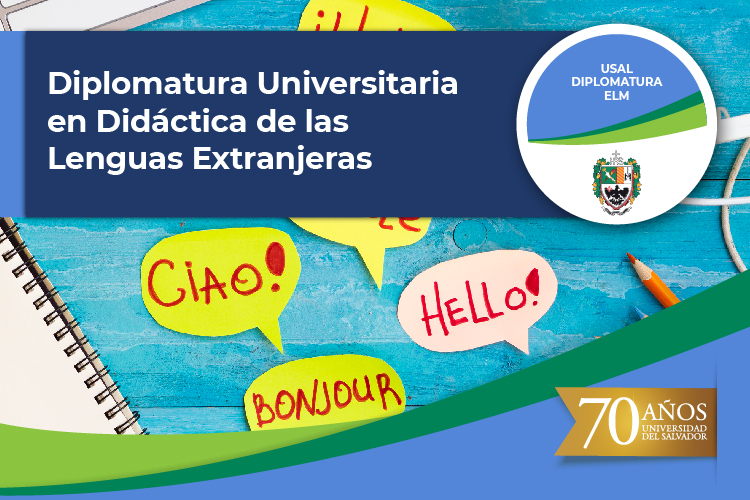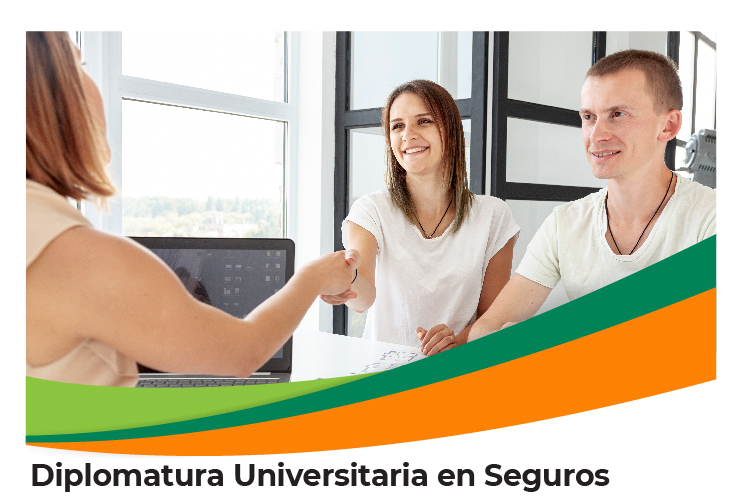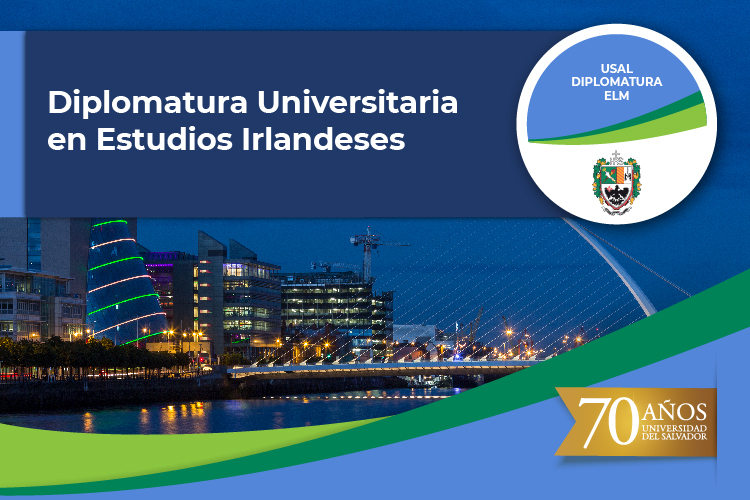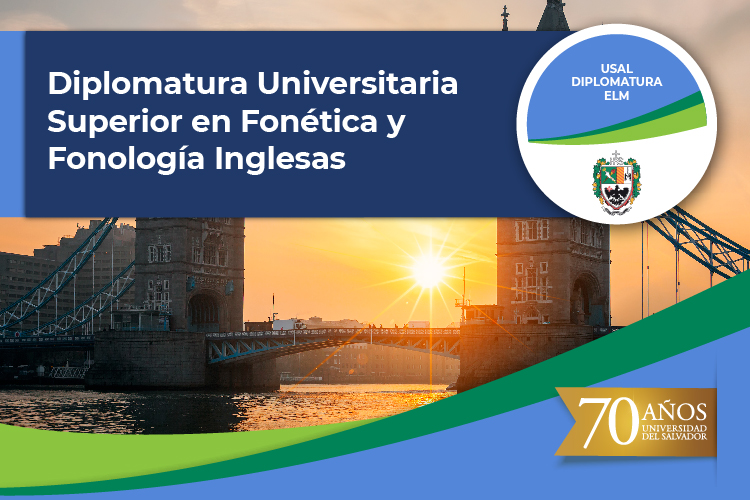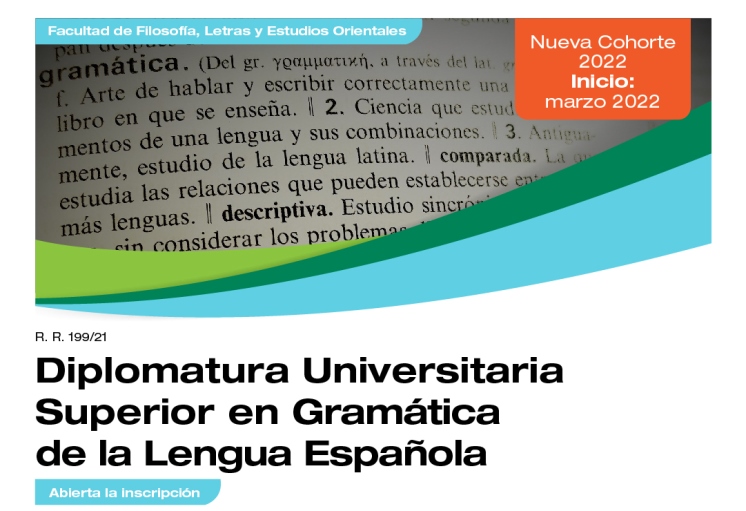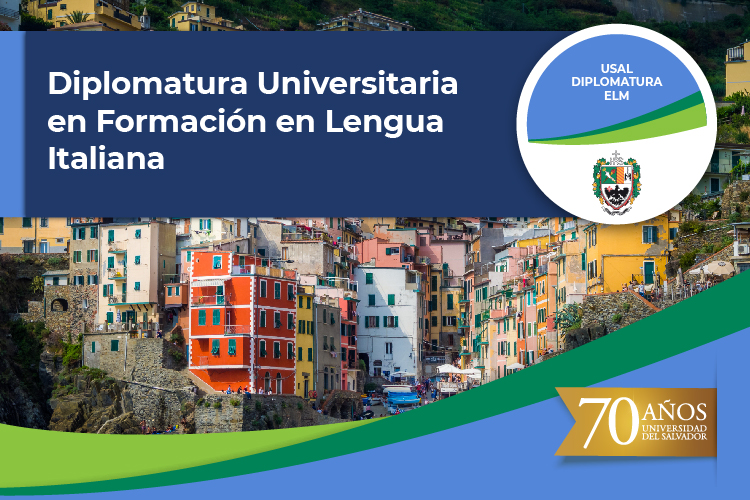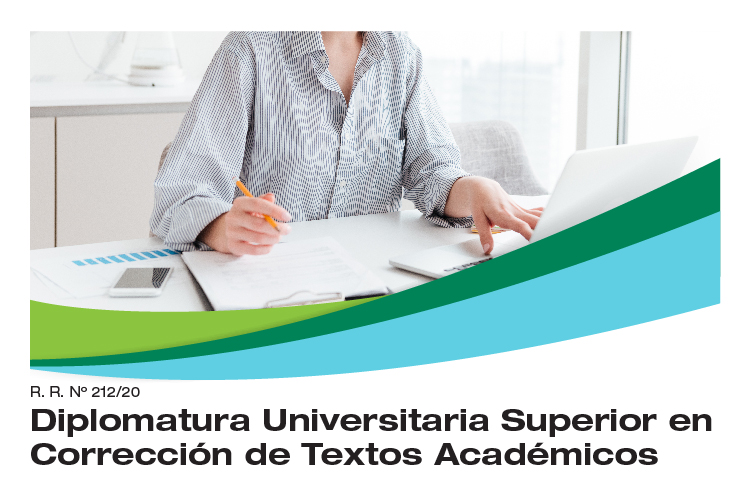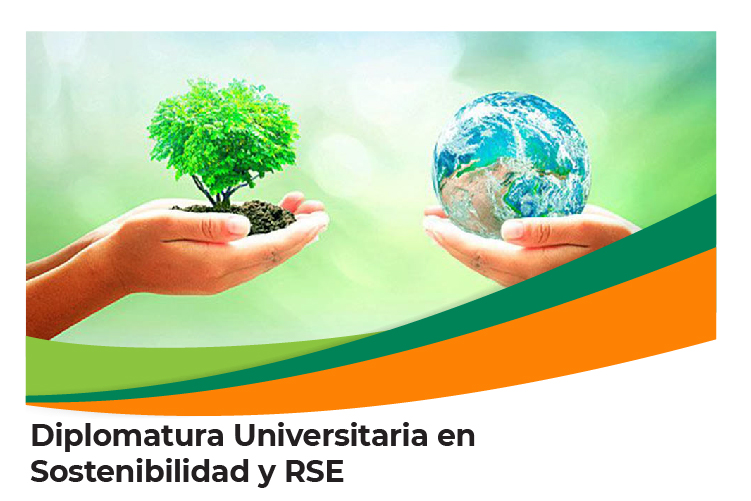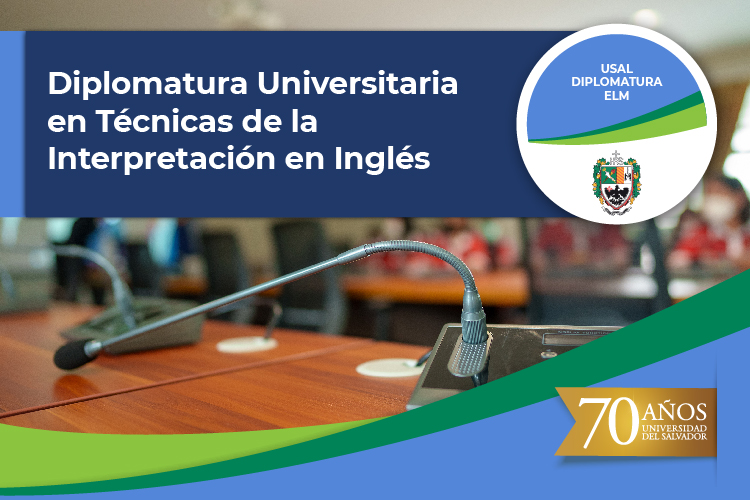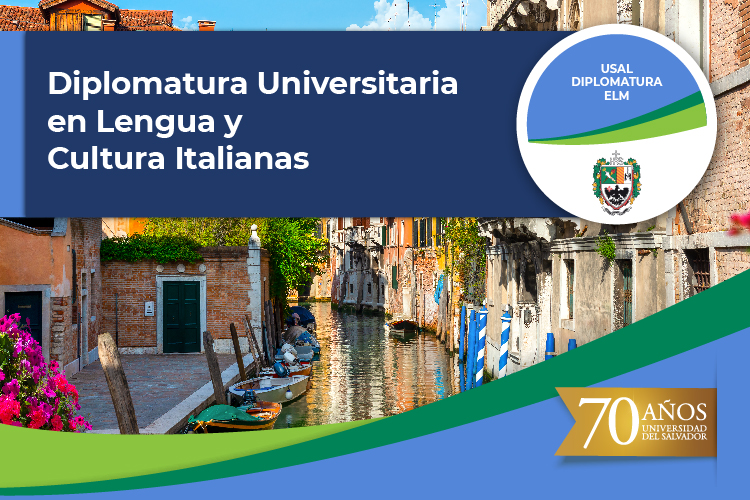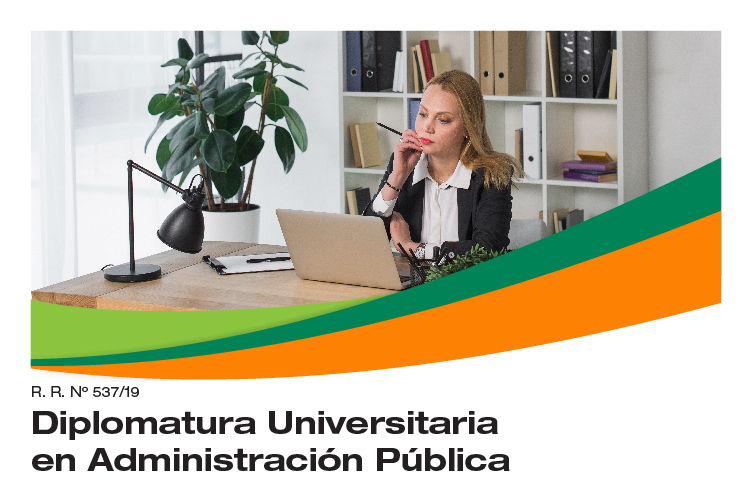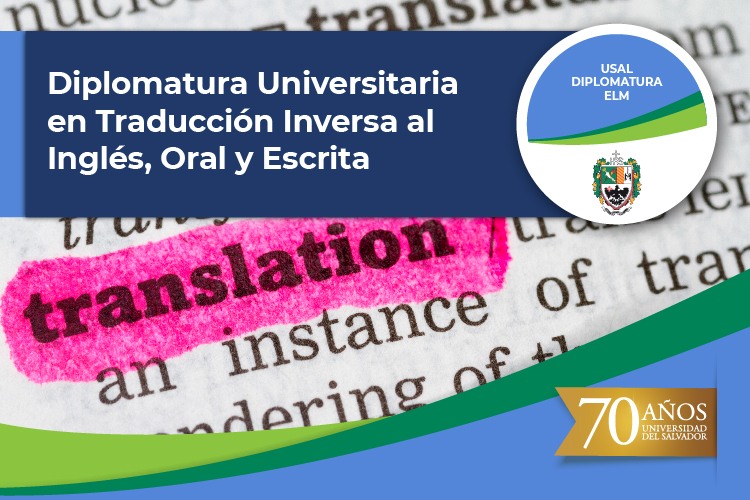Goals:
- Offer a proposal for academic training on the various dimensions involved in catastrophe situations
- To provide students with basic knowledge for intervention in disaster situations
- Develop skills for the diagnosis, analysis and design of interventions in disaster situations
Professionals, advanced students, and individuals with experience or interest in disaster response as crisis and emergency support personnel.
Module 1: Introduction to the notions of Trauma, Disruption and Catastrophes
The Concept of Trauma: A Historical Overview, Contemporary Review. Disruption: The Impact of the Environment on the Psyche. Disruptive Environments. Individual and Collective Reactions to Disruption. Review of the Concept of Post-Traumatic Stress Disorder from a Clinical Approach to Disruptive Pathologies. Aggression and Violence. Hatred and Evil: The Psychological Roots of Terrorism. The Chain of Evil. Victims or the Damaged?: The Role of Therapists. Specificity of the Problem to Be Addressed.
Module 2: Disasters and catastrophes: classification, diagnosis and psychosocial intervention
Catastrophes and disasters. Differentiation of event characteristics: war, socio-natural disasters, terrorist attacks. Definitions and diagnostic parameters. Assistance, containment, and treatment. The 10 paradoxes and the 10 Ws of mental health in disasters. Psychic immunity. The double vulnerability of the human condition. Toward an analytical classification of disruptive and potentially traumatizing events.
Diagnostic update. Clinical signs and symptoms. Prognosis. Disruptive disorders. Different approaches to dealing with suffering. Clinical strategies: Individual, group, and family psychotherapy. Other intervention techniques. Treatments in emergency situations.
Module 3: Bioethics and legal-forensic aspects in disaster situations
The UNESCO Universal Declaration of Bioethics and Human Rights. Ethics and Professional Responsibility. Confidentiality. Precautionary Principle. Relationship between Ethics and Law. Neutrality and Abstinence. The IBIS (International Bioethical Information System) program: use of multimedia technologies and diagnostic techniques in ethics and deontology. Comparative Bioethics.
Psychotraumatic disorders in the forensic framework. Physical injury, moral injury, and psychological injury. Forensic assessment of the after-effects. Legal references. Types and severity of disability. Criminal law framework. Ethical issues. Countertransference in the clinical setting. Professional attrition rates in different historical and cultural contexts. Levels of institutional supervision and support. Primary prevention.
Module 4: Technologies and bioethics of catastrophes
Search and problem-solving algorithms. Artificial intelligence programs applied to the health field in crisis and emergency situations. Technology and AI as tools for intervention design. Synchronous and asynchronous designs. REST (Racial and Ethical Sensitivity Test) and statistical programs mediated by factor analysis and advanced technologies.
Module 5: Education and communication through narrative bioethics
Awareness education and training in disaster response at various educational levels. Prevention and training actions. Project design and logistics.
Understanding the phenomenon through narrative. Film as a means of elaborating traumatic reality. The value of testimony. The importance of the documentary genre in disasters.
Media and professional responsibility. Media deliberation as a preventive strategy. Audiovisual resources and iconic films on natural disasters and social tragedies.
Secondary or higher education degree
General and Teaching Coordination:
Prof. Dr. Moty Benyakar MD, Ph.D (UBA)
Prof. Dr. Juan Jorge Michel Fariña Ph.D (UBA)
Prof. Dr. Gabriela Renault, PhD (USAL)
Teaching staff:
Prof. Dr. Daniel López Rosetti MD
Prof. Dr. Juan Eduardo Tesone MD, Ph.D
Prof. Dr. Rubén Zukerfeld MD
Prof. Dra. Elizabeth Ormart Ph.D
Professor Nicolás Obiglio
For the course assessment, students must submit an integrative practical assignment that will allow them to apply the concepts learned throughout the course to a disruptive situation of their choice. The task is to develop an intervention proposal that addresses this situation, thereby demonstrating understanding and application of the concepts discussed in the modules.
Duration 3 months
- Facultad de Psicología y Psicopedagogía



